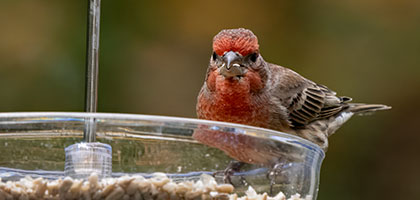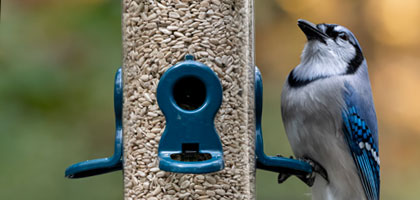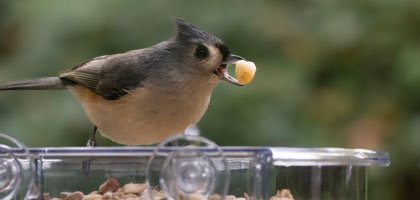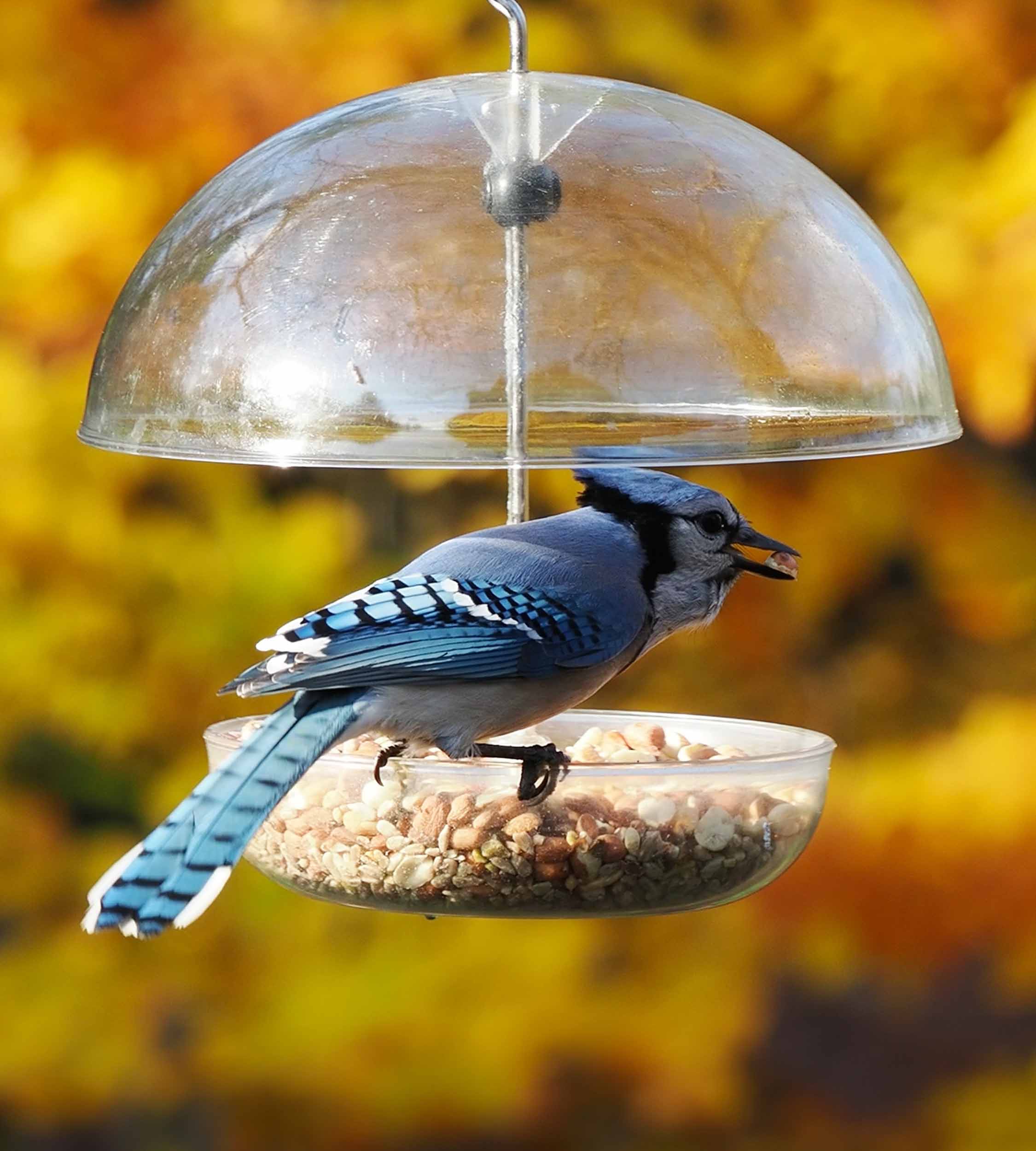Suet, a popular choice for feeding wild birds, is a type of animal fat. It provides high energy, especially during cold months, but many wonder, "Does suet go bad?" Understanding suet's shelf life and proper storage is essential for anyone keen on providing the best nutrition for their feathered friends.
What is Suet?
Suet is the raw, hard fat found around the kidneys and loins of beef and mutton. It is rich in calories and serves as an excellent source of energy for birds. When rendered and mixed with seeds or grains, it becomes a popular bird food, especially in winter when natural food sources are scarce.
Does Suet Go Bad?
The short answer is yes, suet can go bad. Like all fats, suet is prone to spoilage, especially when not stored correctly. The breakdown of fats, known as rancidity, occurs when suet is exposed to heat, light, or air. Rancid suet not only loses nutritional value but can also be harmful to birds if consumed in large amounts.
Suet Shelf Life
Generally, suet has a good shelf life if stored properly. Unopened, commercially packaged suet cakes can last up to a year in a cool, dry place. However, once opened, it’s best to use them within a few weeks. Homemade suet, on the other hand, might have a shorter shelf life due to the lack of preservatives.
Signs of Spoiled Suet
It's crucial to recognize the signs of spoiled suet to ensure you're not feeding birds harmful food. Spoiled suet often has an off-putting odor, different from its usual mild scent. It might also appear discolored or have a slimy texture. If you notice any of these signs, it's best to discard the suet.
Proper Storage of Suet
To maximize the shelf life of suet, store it in a cool, dark place. If you've opened a package and have leftover suet, consider refrigerating or freezing it. This slows down the rancidity process and keeps the suet fresh longer. When storing homemade suet, always use airtight containers to minimize exposure to air.
Tips for Extending Suet Life
- Buy in Small Quantities: Purchase suet in amounts that you can use within a short period.
- Store in the Right Conditions: Always keep suet away from direct sunlight and heat sources.
- Use Suet Feeders: Use feeders that protect the suet from the elements, like rain and excessive sunlight.
By understanding the shelf life and storage of suet, you can ensure that the birds visiting your backyard are receiving the best nutrition possible. Proper storage not only extends the life of your suet but also provides peace of mind that you're offering safe and nutritious food.




